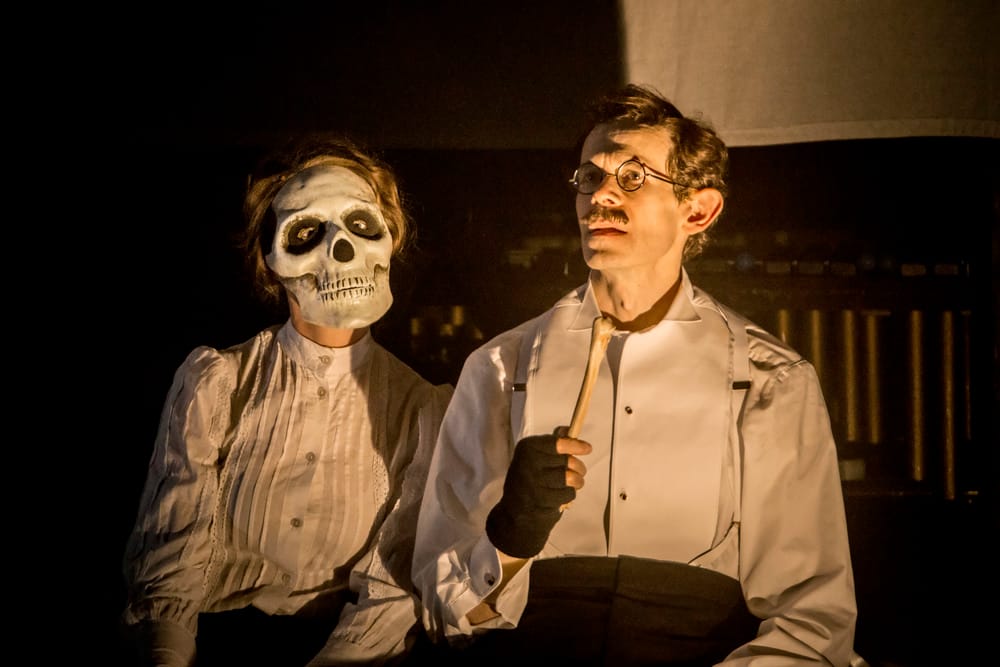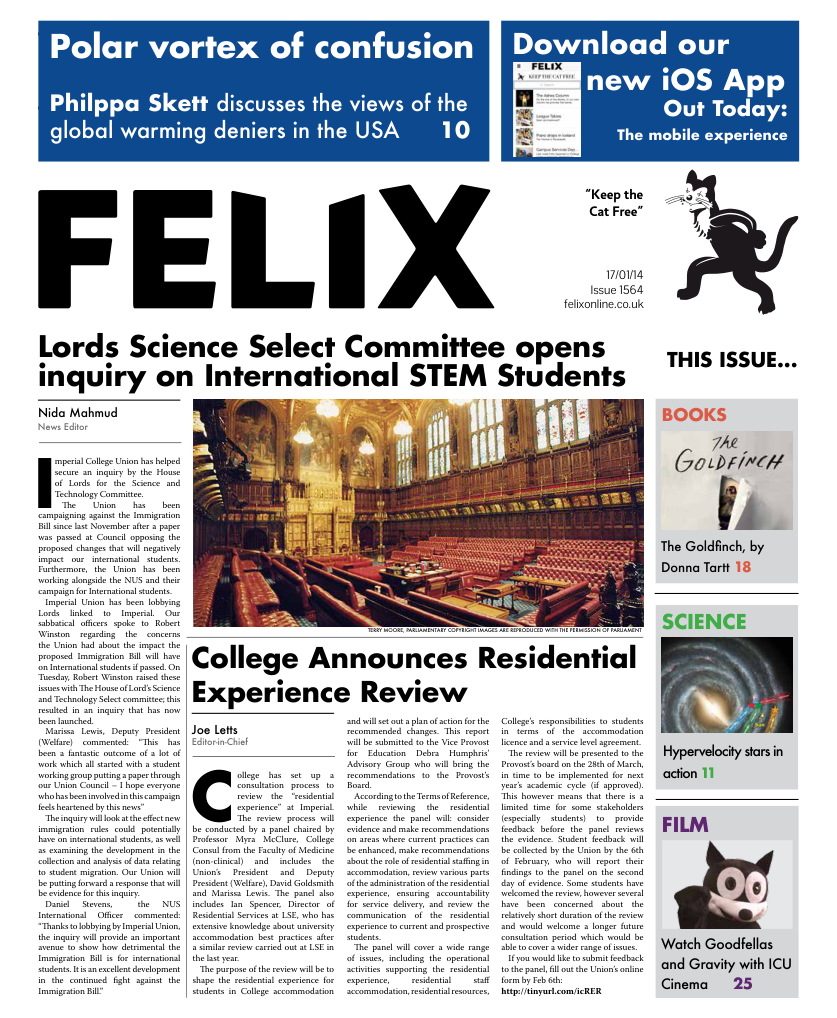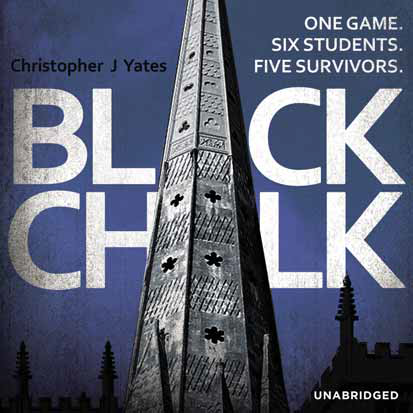Hipster German expressionism
So here you are. You’ve watched all the Salvador Dali films in the house, knitted all the hipster beanies you need, the bars in Shoreditch are too mainstream on a Friday night and you’ve already spent hours listening to unknown bands on Soundcloud. So what next?

What: From Morning to Midnight
Where: National Theatre, SE1
When: Until 26th January
Price: Various
So here you are. You’ve watched all the Salvador Dali films in the house, knitted all the hipster beanies you need, the bars in Shoreditch are too mainstream on a Friday night and you’ve already spent hours listening to unknown bands on Soundcloud. So what next? Well, you get yourself a ticket for a German expressionist play at the National Theatre, obvs.
So if this is your plan, let me talk you through the pros and cons.
First pro is that you’re unlikely to see it again for a long time: From Morning to Midnight, Georg Kaiser’s master-work has not had much airing since its premiere in 1917. Basically, now’s your chance.
Secondly, and this is quite a major one, taking the lead role as the Clerk is Adam Godley. Doesn’t ring a bell? Charlie’s dad in the 2005 Charlie and the Chocolate Factory film, Elliot Schwartz in Breaking Bad, he’s been in heaps of TV and theatre. Nominated multiple times for the Oliver Award and winner of numerous other awards, Godley is basically the only actor in the cast who got what the play was about. Oh wait, that’s a spoiler – more of in the cons. Anyway, Godley really brings the existentialist angst to this performance. Playing the boring, middle-aged clerk with a repetitive life and a repetitive job, he evolves as a character from his infatuation for a travelling Italian lady to his quest to find the meaning of life. In a 24 hour whirl, he tries out the thrills of life, looking for meaning in adrenaline, debauchery and religion. Comic but tragic, the clerk is self-aware of his failings and yet desperate to discover an underlying truth – the epitome of the expressionist hero.
Next up, all praise to Soutra Gilmour, the stage designer. This really makes the production stand out, creating surreal and often disquieting sets, framing and highlighting the spiritual angst which the play conveys. In many ways, the stage design speaks more than the actual cast, and certainly more convincingly. A giant clock towers over the stage, a reminder of the limited time that the clerk, and indeed everyone, has left. Below, the people scurry in pursuit of pointless activities and empty pleasures. The thrill of a bike race is marvellously rendered, the excitement of a non-existent crowd palpable. Bed sheets turn to snow and snow to waves as the clerk goes on his journey form his domestic repetition to the urban life outside. Houses collapse, lightning strikes, banks are robbed – this is all done seamlessly, with props being reused inventively to create a dream like stage geometry. All is set to almost constant refrain from Wagner’s Tannhouser., which sometimes works and sometimes doesn’t, but definitely adds to the overall angst of the viewer.
And now for the negatives of this production. It’s hollow, it’s predictable and it’s flat.
The overall production is striking and impressive – but overwhelming. The constant flashes, music and stage surprises, though wonderful and ingenious, do nothing to improve your interest in the clerk’s fate. Is he going to find the meaning of life in religion? Is he going to get caught? Will he go back to his previous lifestyle? You just don’t care. And the truth is none of the cast members seem to either. With the notable exception of Godley, no one seems to have got into their part, or even be aware that their lines are part of a dialogue.
All in all, a trip to From Morning to Midnight may be better than another evening polishing your fixed gear bike, but only just.






